What Is Alkyd Resin? | JCT Machinery
 Apr 08,2024
Apr 08,2024

 JCT
JCT
Alkyd resin, often referred to simply as alkyd, is a type of synthetic resin used in the production of paints and coatings. It is a versatile material known for its durability, versatility, and ease of use. Here are some key points about alkyd resin:
1. Composition
Alkyd resin is typically produced through he reaction of a polhydric alcohol (such as glycerol or pentaerythritol) with a polybasic acid (such as phthalic anhydride or maleic anhrdride) in the presence of a fatty acid or oil (such as linseed oil or soybean oil) as a drying oil. This reaction results in a polymer with a complex structure that exhibits excellent film-forming properties.
2. Properties
Alkyd resin offers a range of desirable properties for coatings, including:
- Good adhesion to various substrates
- Excellent durability and weather resistance
- Rapid drying and curing characteristics
- Resistance to abrasion, chemicals and solvents
- Gloss retention and color stability over time
3. Applications
Alkyd resin is widely used in the production of oil-based paints, enamels, varnishes, and coatings for both architectural and industrial applications. They are commonly used on metal, wood and masonry surfaces for decorative, protective and functional purposes. Alkyd-based coatings can be applied by brush, roller or spray methods.
4. Types
There are several types of alkyd resins available, including long oil alkyds (which contain a high proportion of oil and provide flexibility), medium oil alkyds (which offer a balance between flexibility and hardness), and short oil alkyds (which contain a lower proportion of oil and provide greater harness and faster drying).
5. Modifications
Alkyd resin can be modified with various additives to enhance specific properties or performance characteristics. Common modifications onclude the addition of drying agents, pigments, fillers, plasticizers and stabilizers.
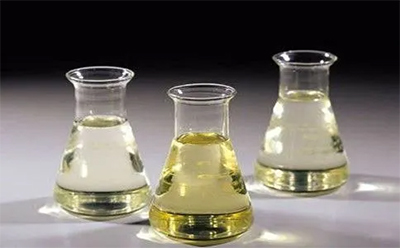


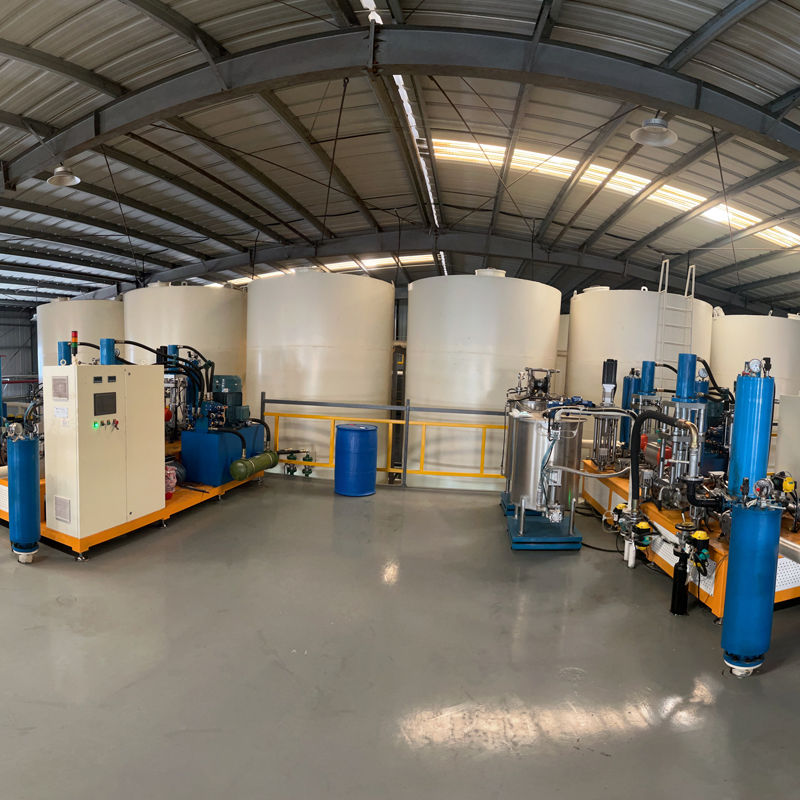
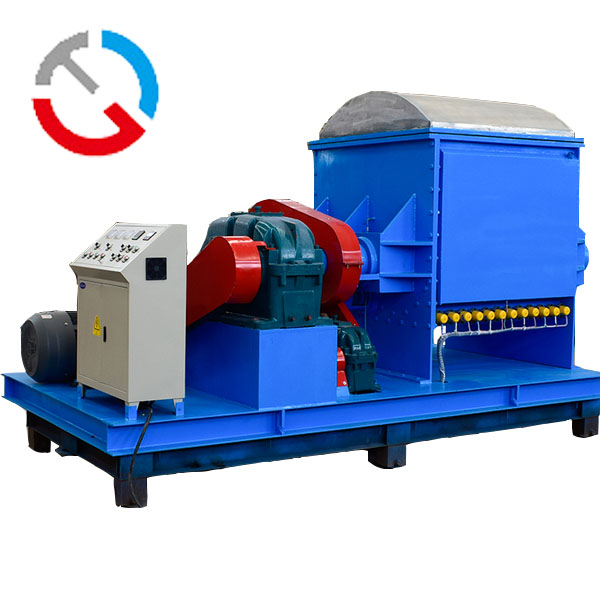
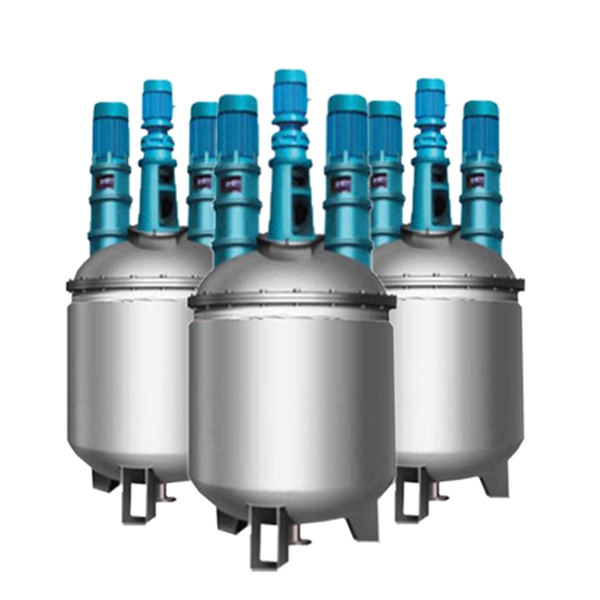
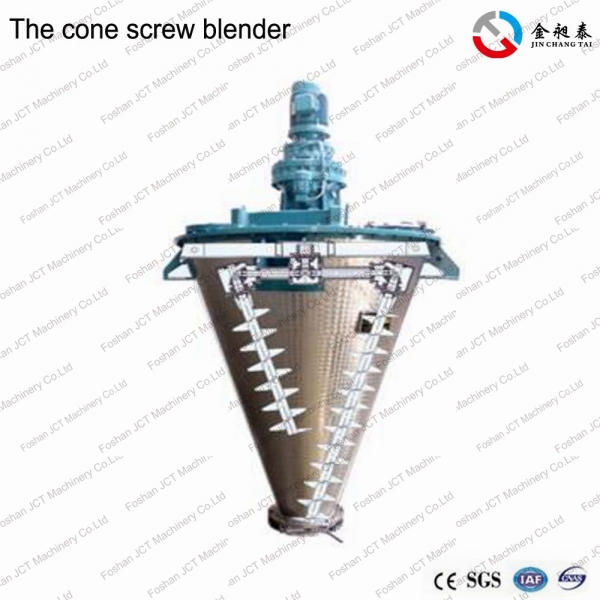
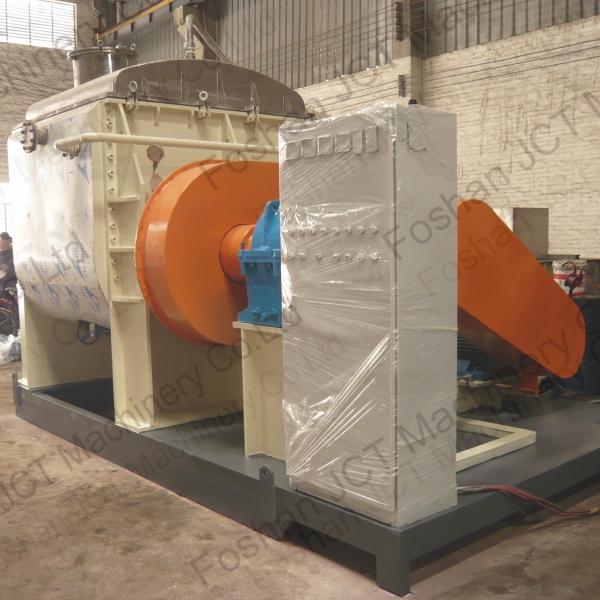
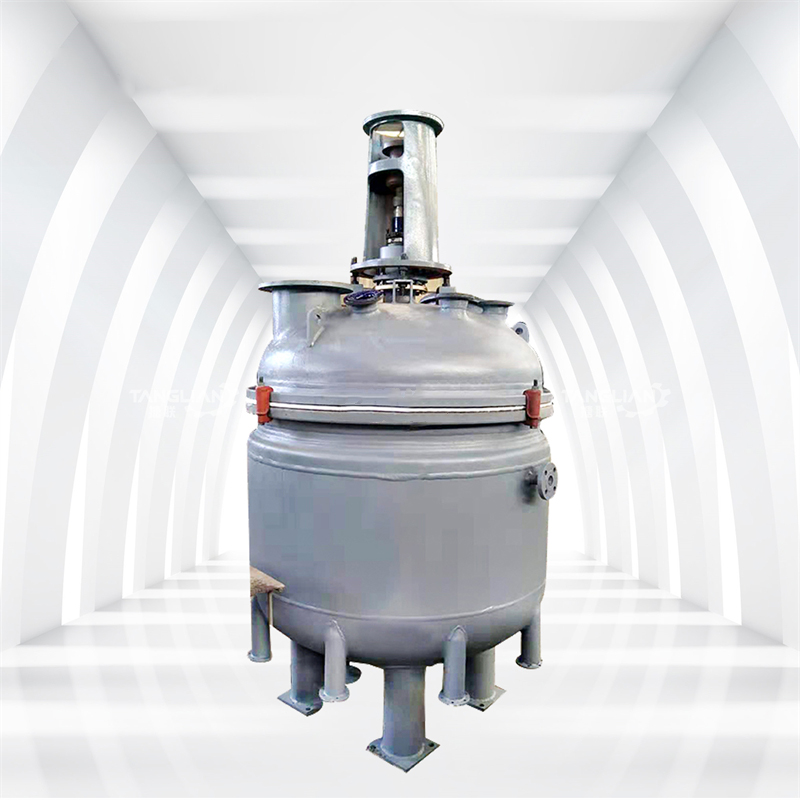
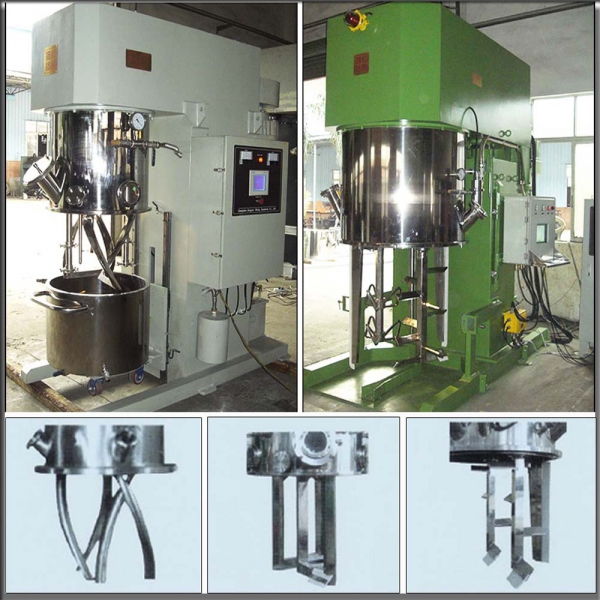


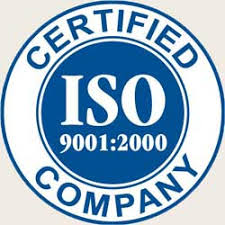



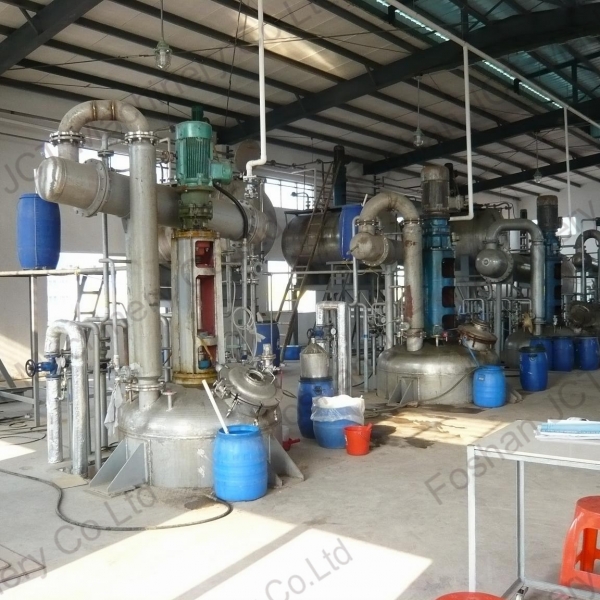
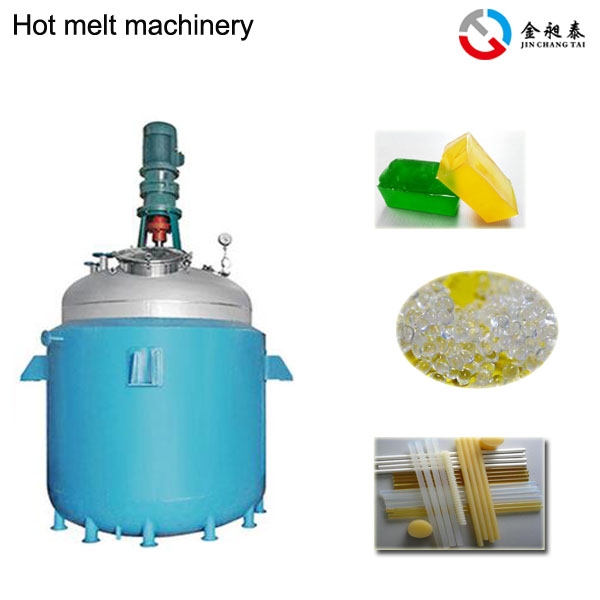
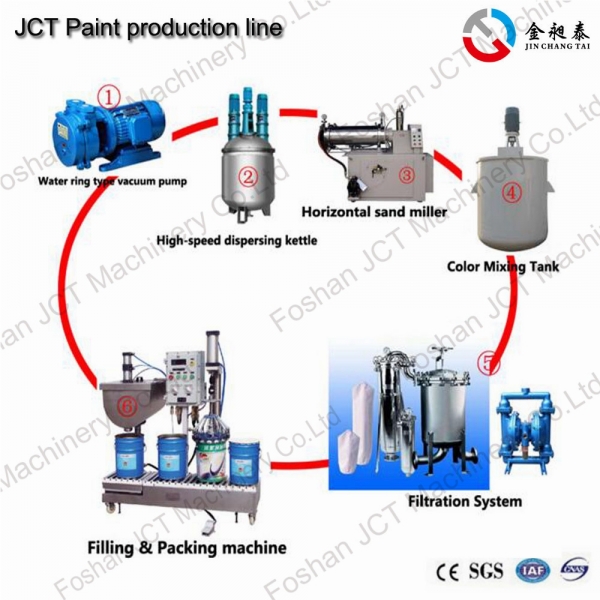

 CN
CN
 HOME
HOME Paint Reactor | JCT Machinery
Paint Reactor | JCT Machinery  You May Also Like
You May Also Like
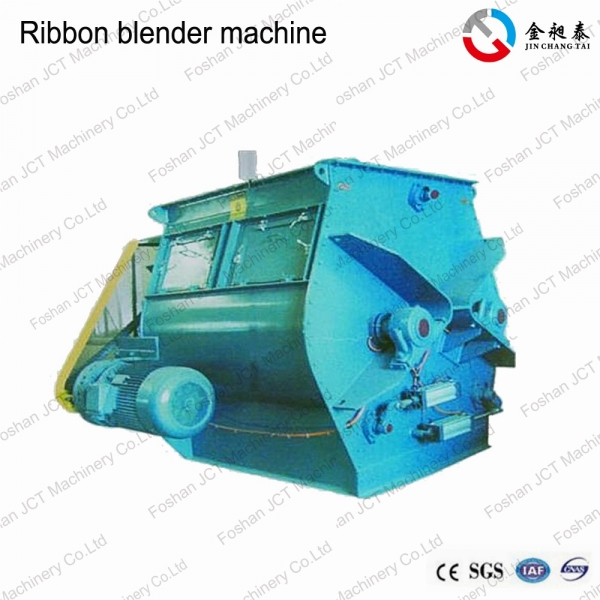

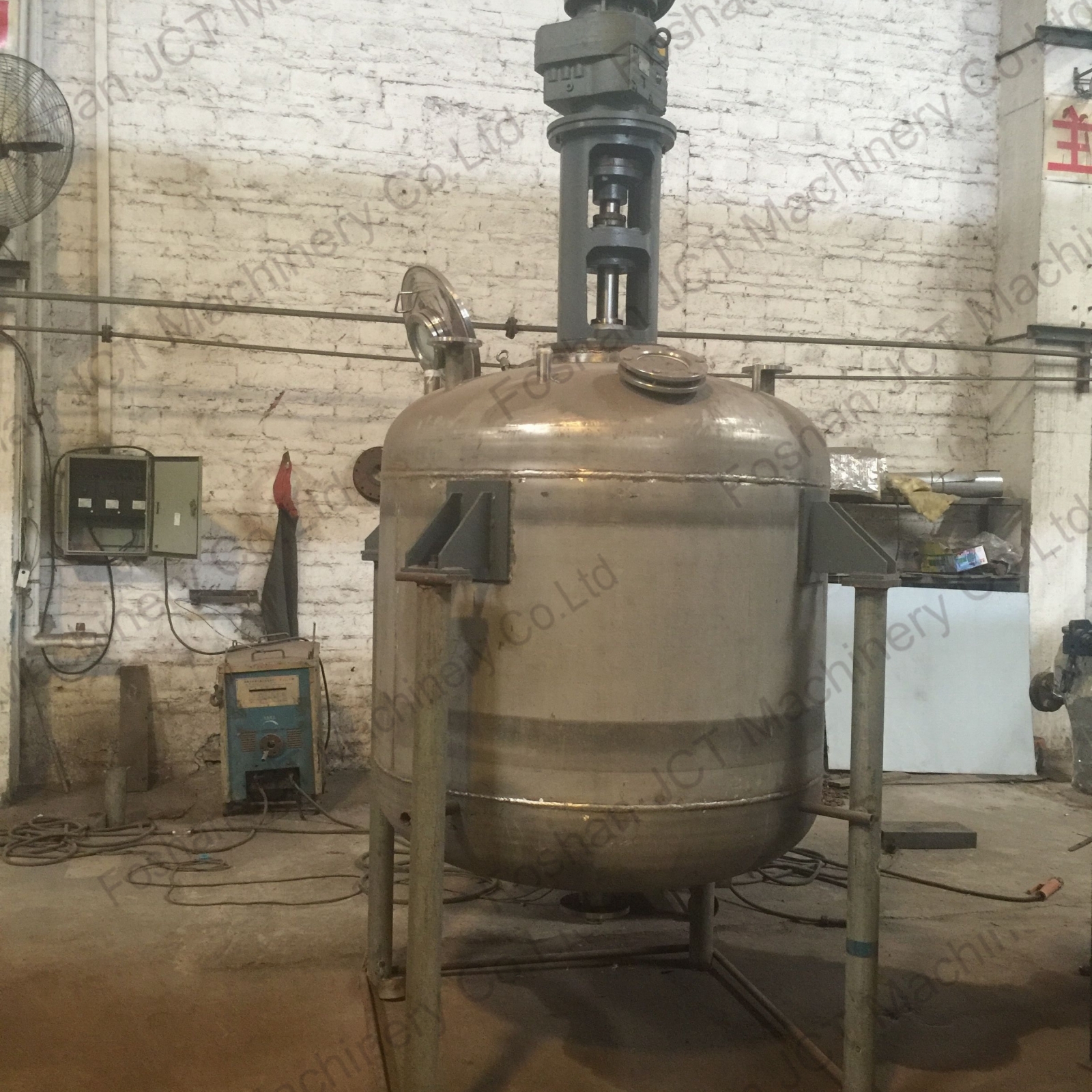
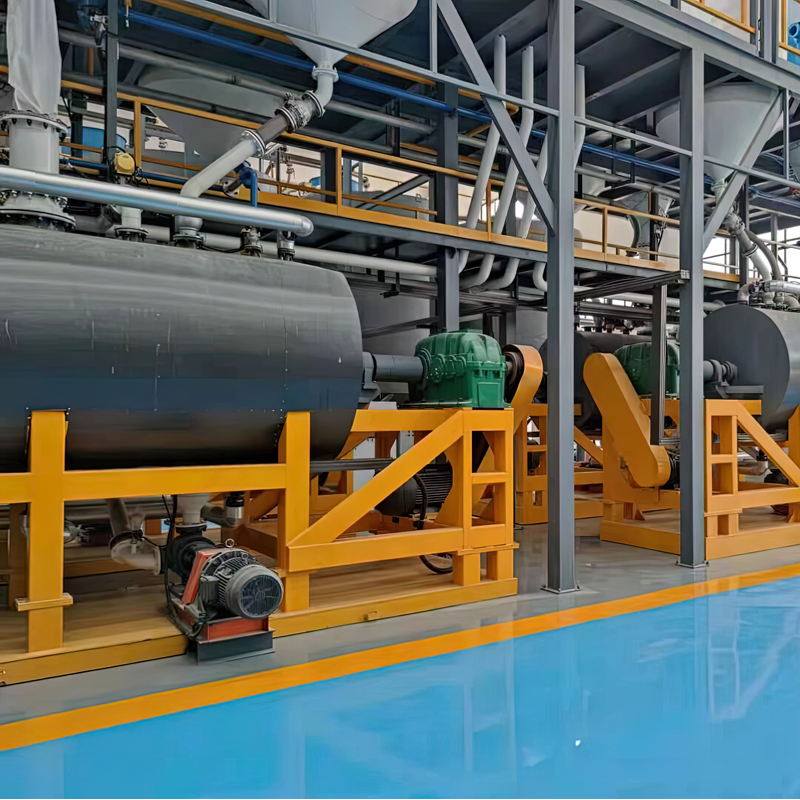
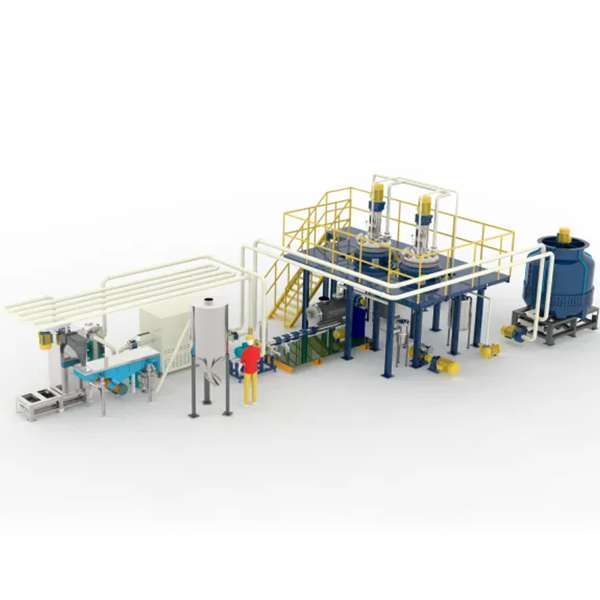

 Tel
Tel
 Email
Email
 Address
Address










